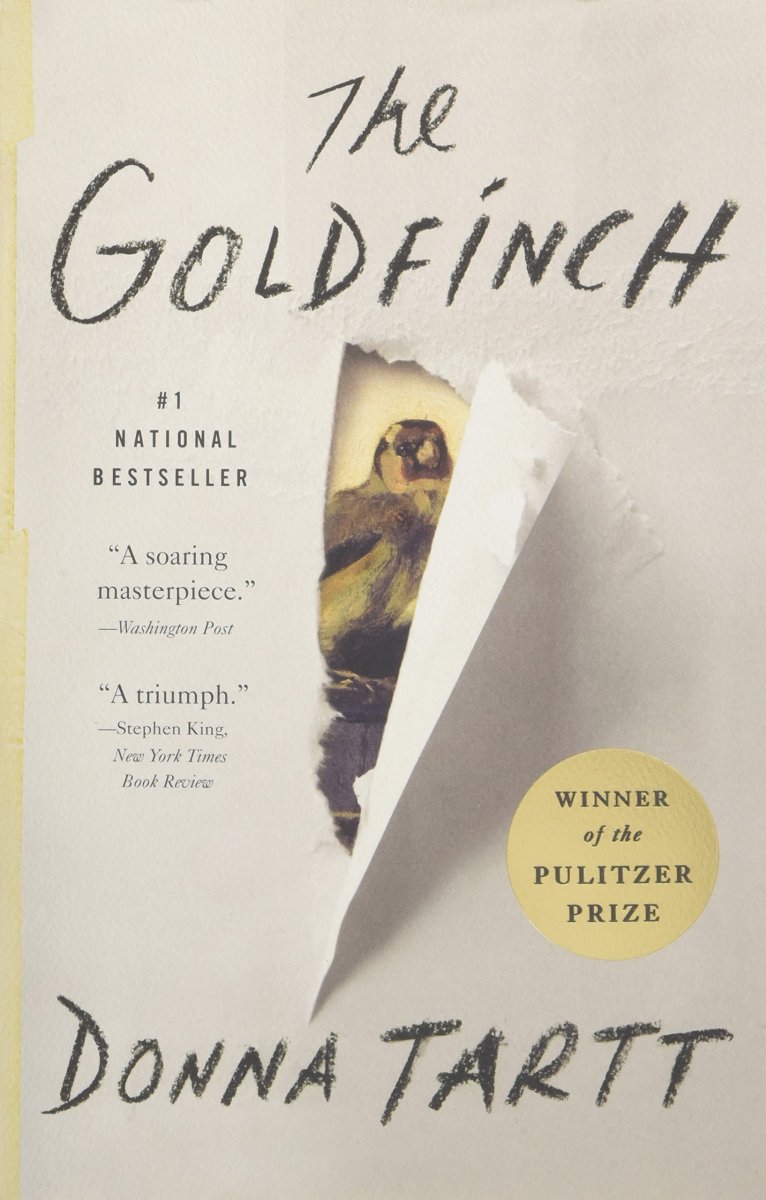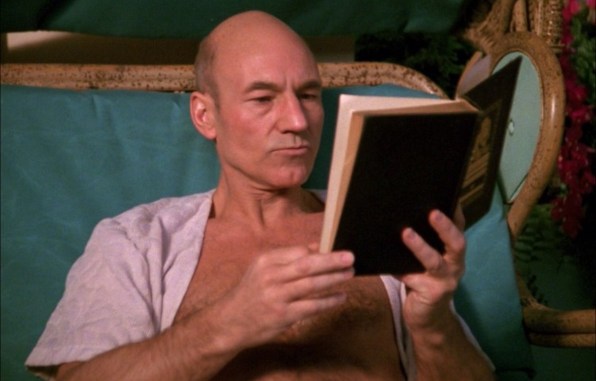Dark Academia Should Exist Beyond Donna Tartt’s ‘The Secret History’ and Racist Tropes

Though it is fairly common to associate an author with a particular genre, one has really reached legendary status in terms of that link. If you ask an average person or even reader to name a horror writer, unless they’re super into the genre (and even still), they will name Stephen King. This is far from ideal and has so many issues, but it’s just that, collectively, we’ve decided to think of one person’s books and movie adaptations as capital “h” Horror. Donna Tartt works in a very similar space.
If you read or know about contemporary dark academia as a literary genre, she is the go-to person. Dark academia is an aesthetic, genre, and internet subculture centered on the liberal arts (specific things around humanities and a classics degree) in higher education. Another defining feature is a reverence and intrigue surrounding old-world money and spaces. Think Ivy League schools, buildings with gargoyles, and muted “timeless” preparatory fashion.
As compared to Stephen King (let’s just keep going with this), this is especially impressive considering only one of three novels Tartt has written (The Secret History) is accepted as dark academia. Her debut 1993 novel follows a murder among six classics majors at an expensive Vermont liberal arts college. While the reference to dusty “classics” is important to the dark academia, Tartt’s novel became recognized as the birth of a genre. The popularity of a few movies/shows afterward and Harry Potter’s debut lent a hand, but this novel was ground zero.
Where she stops being impressive, though, is her rampant use of unfettered racism (among a laundry list of things) in all of her novels. This is most jarring in her 2014 Pulitzer Prize-winning work (and now film) The Goldfinch.
A decade later and the silence is stunning

The Goldfinch follows a young boy’s journey from temporary home to temporary home after a terrorist attack at a museum suddenly leaves his mother dead. Much of the discussion of the novel involves how good her third novel was or wasn’t, almost 20 years after The Secret History, and leaves out the glaring issues around how Tartt writes about race. While bloggers like Jesse of Bowties & Books, The Blog of Disquiet, and Claire of Clairefy have pointed this out, major publications have largely ignored this issue, with the exception of author and English professor Joy Castro in an essay she penned for Salon in 2014.
Every review that takes this into account, including Castro’s and Ayşegül Savaş, gives a bevy of examples of direct, in-text racism just left for the reader and a handful of subtext. Most of the subtext gets into the plot and the McGuffin device that I’m not getting into here because Castro does it so well. However, regarding the racism descriptions, this includes things like making the brown (mostly Latinx) domestic staff cheery people happy to serve, Black women described in a way that emphasizes weight and temper, and Asian women sexualized and infantilized.
In some negative descriptions of white people, she still uses their proximity to Eastern Europe to make tropes straight out of a Bram Stoker novel—or, in at least one case, describes a man in a criminal manner that references Chinese culture and style. The racism (homophobia and xenophobia) by other characters and Theo goes unchecked. In fact, the same could be said for The Secret History, but not so much for her second novel, The Little Friend (which is set in ’70s Mississippi). In the audiobook, the narrator picks up on her descriptions and leans in by deciding to give caricature accents of Black people, Korean people, etc.
What makes Castro and others’ criticism so significant is how many citations they have and how these have been largely left out of discourse around the book. All other major discussions around the novel act as if it was edited enough (it’s over 700 pages) or worth the hype—especially when it was awarded major literary prizes. The awards, mixed with the failure to acknowledge the harm of her book to marginalized communities, gives her cover as she inevitably transitions into classic author territory. This refusal to engage is setting the backdrop for people to say in the future, “It was a different time when she wrote that,” when I’m saying in the present that it’s not.
The genre’s potential

While any genre (including literary fiction) can ask big questions about the universe and our place in it, dark academia’s reverence for the past makes it uniquely positioned to dismantle it and see what’s worth actually revering about it. Some still writing in the genre today do tackle these issues, but Tartt’s version remains the go-to recommended text. If publishers fail to pick up novels by marginalized authors in these traditionally WASP settings and market these novels appropriately, those engaging with the “isms” critiqued within the genre will be largely ignored.
For example, Faridah Àbíké-Íyímídé’s Ace of Spades gets shared around social media just as “diverse YA” with social commentary on race instead of dark academia or a serious thriller. This novel features a storyline with eugenics, and while this can pop up in any setting, to have it in an academic institution is bridging that link between the beginning and present of “scientific racism.”
More opportunities for marginalized writers to engage with the genre can help shape its place in the literary world. This isn’t foolproof, obviously, and people are still writing bigoted dark academia regardless of background. However, by bringing in the people who have been traditionally left out or pushed out, been the subject and not the scholar, laid the brick but not built the legacy, then this genre could provide very interesting and uncomfortable conversations, awards or no awards.
(featured image: Ernesto Ruscio/Getty Images)
EDIT: The publication order of her books is The Secret History, The Little Friend, and, then, The Goldfinch. The original publication stated incorrectly The Goldfinch was Tartt’s second novel.
—The Mary Sue has a strict comment policy that forbids, but is not limited to, personal insults toward anyone, hate speech, and trolling.—
Have a tip we should know? [email protected]
